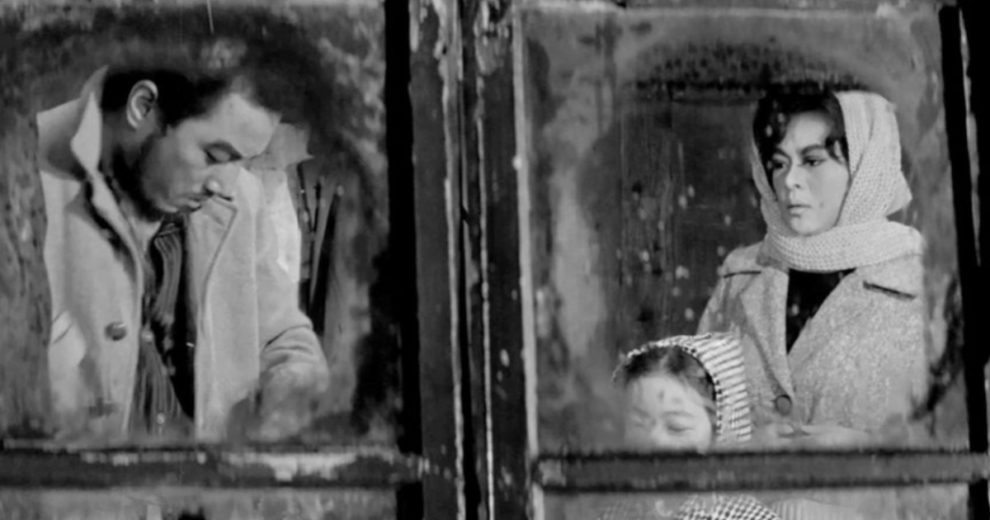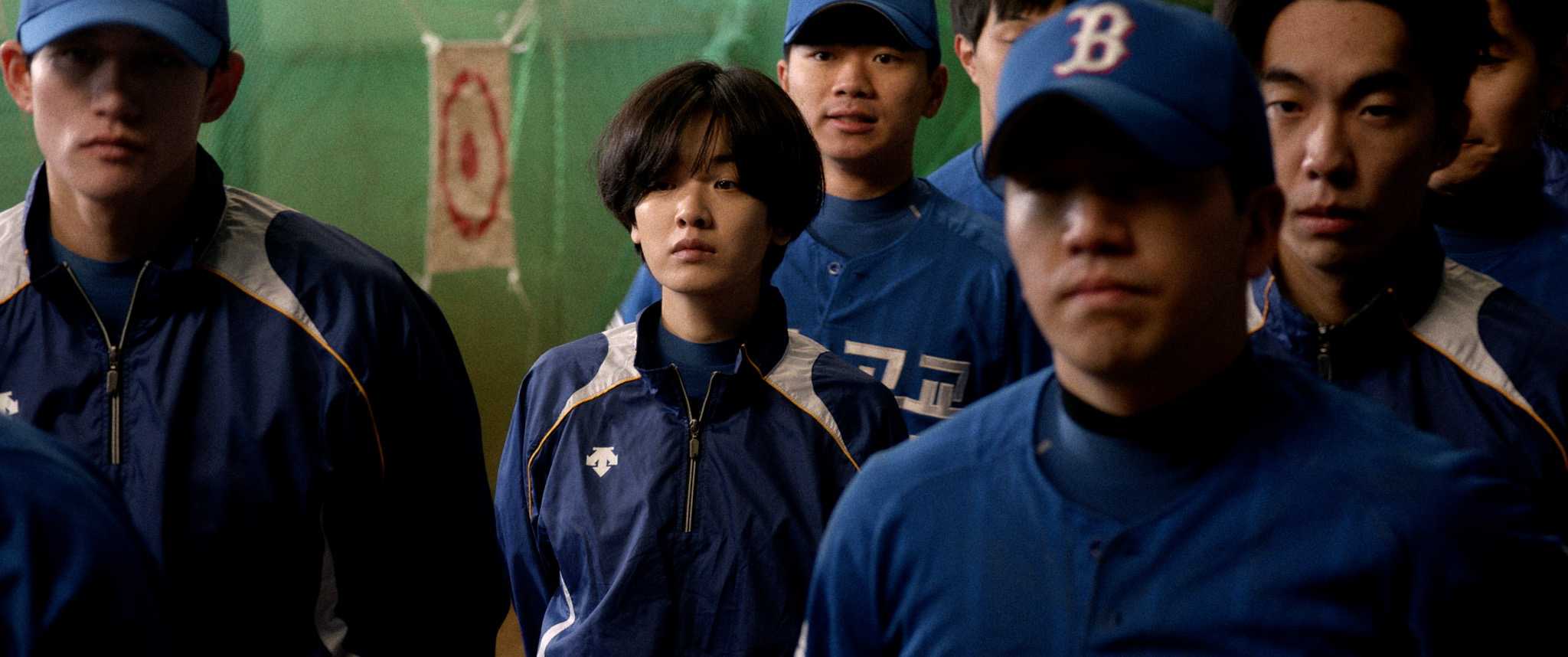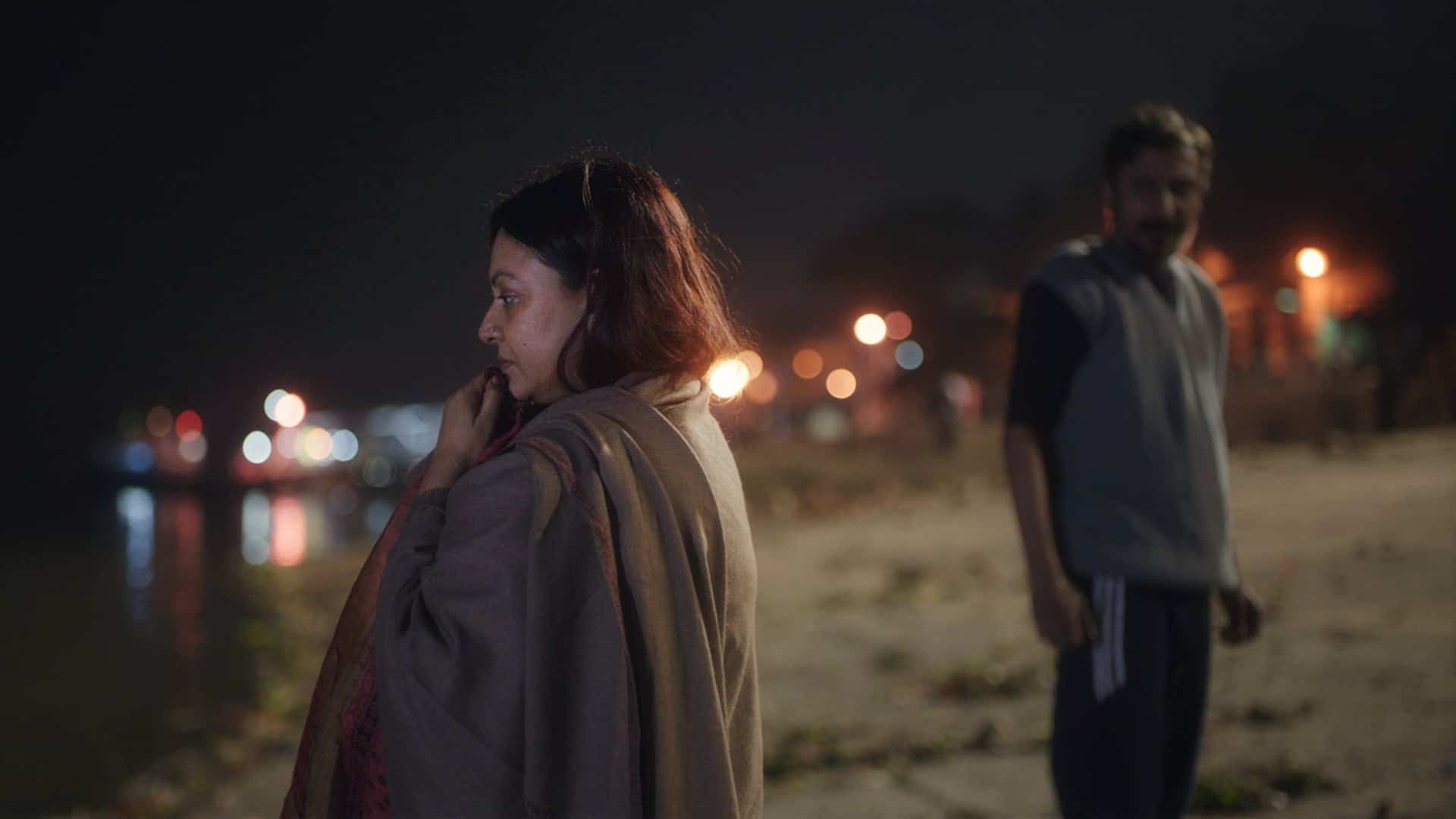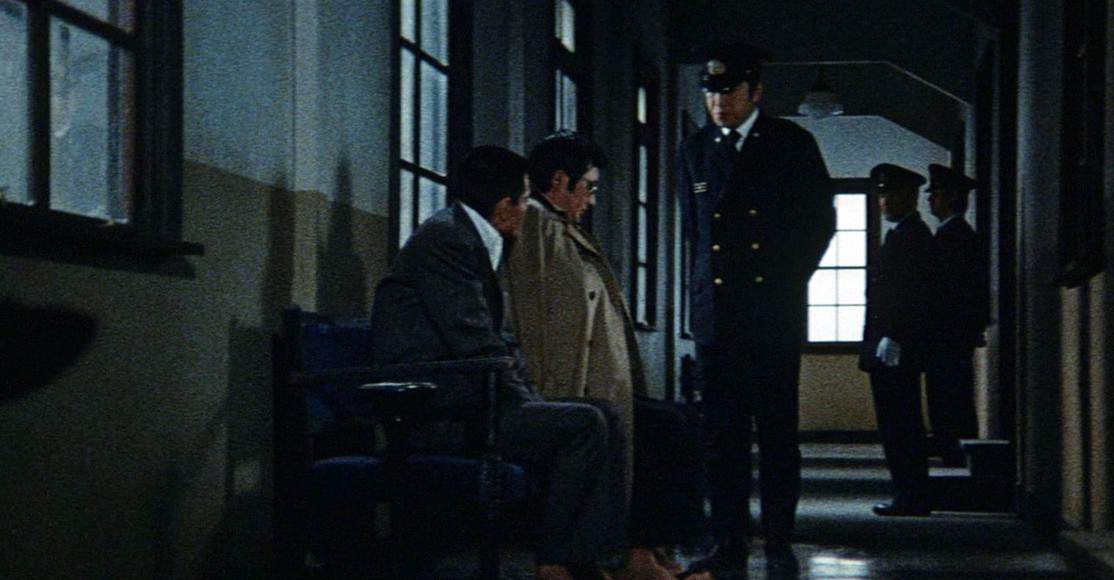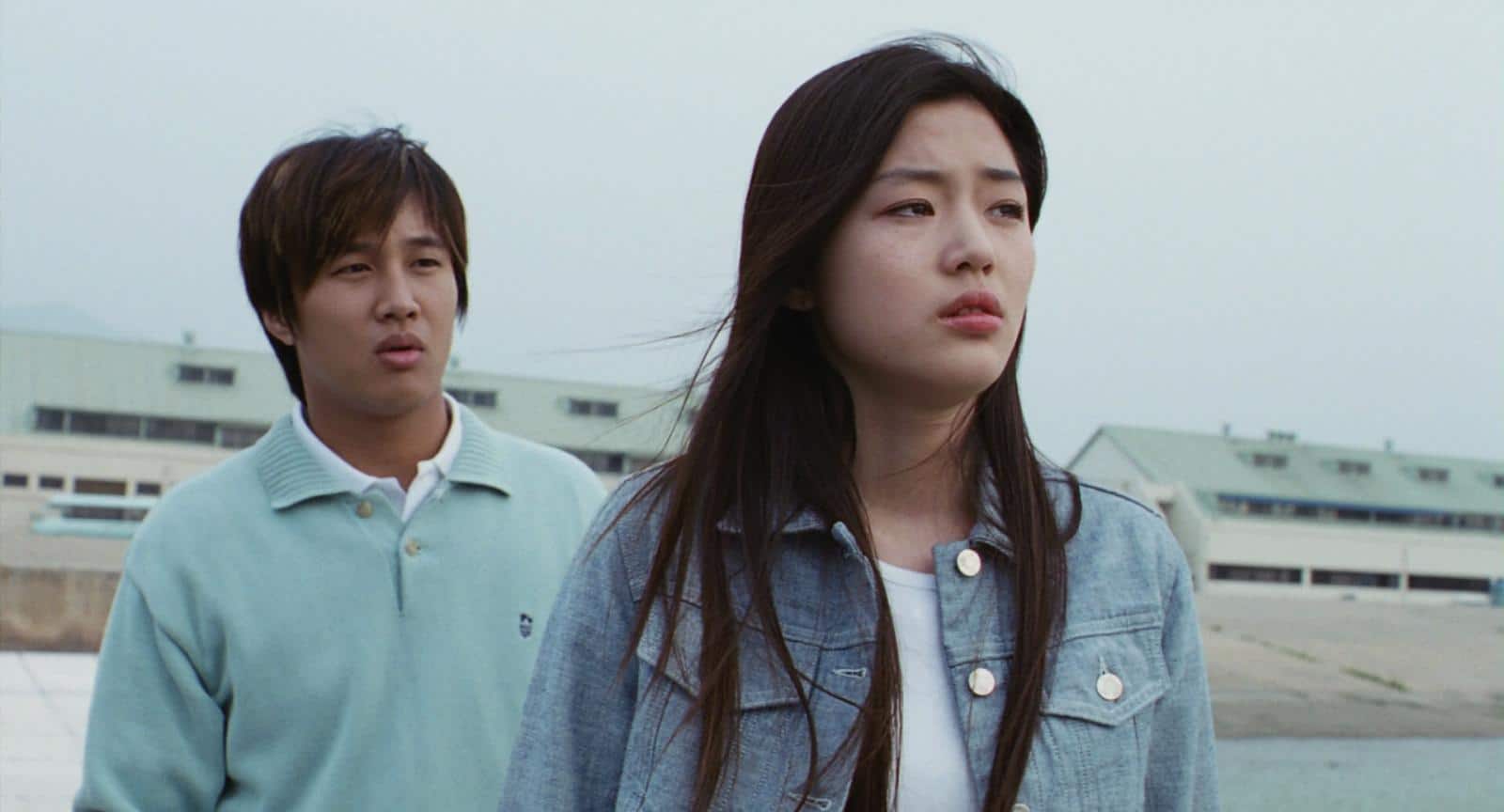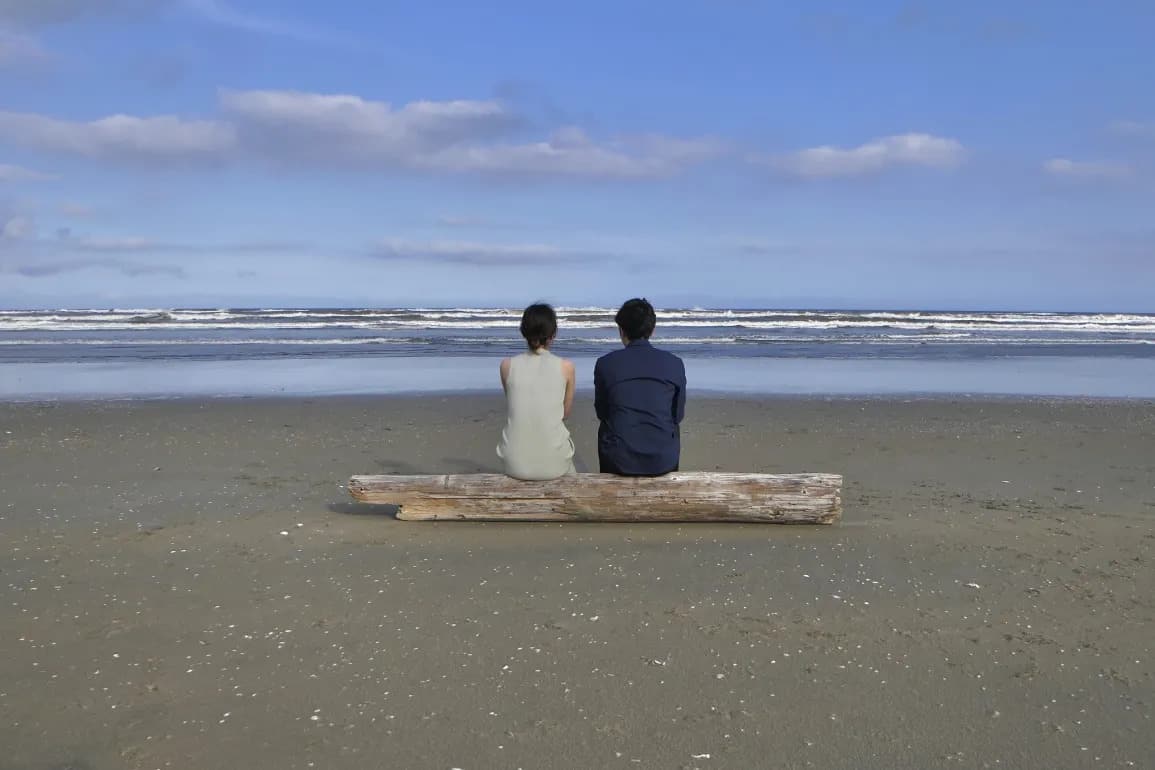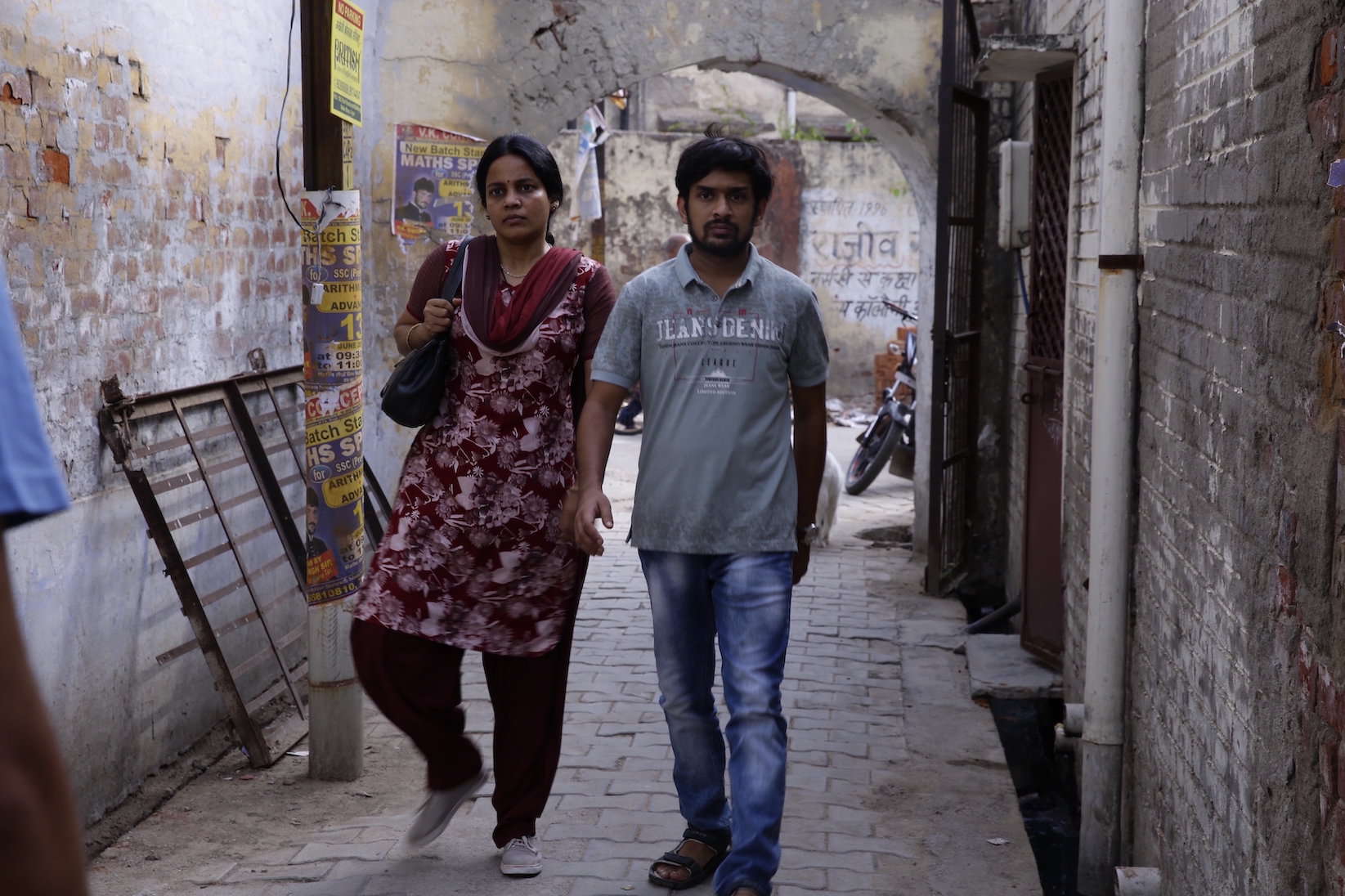“Typhoon was like a meteorite in the midst of a Mandarin-speaking industry mired in propaganda and a resolutely commercial Taiwanese cinema. The film is a raging storm that shakes genres, breaks the conventions of the time and offers the actors their best roles. Pan Lei had already distinguished himself with his original scripts and previous films, which always went outside the official discourse. Here he can indulge his sensuality, as well as his passion for outdoor shots and for characters with an evil nature.” – Wafa Ghermani, Cinemathèque française.
Typhoon is screening at Vesoul International Film Festival of Asian Cinema
A middle aged couple have been manning a remote weather station in the mountains, with their only company being a mailman that occasionally comes there to deliver goods and mail, and a local beautiful girl, Ah-hung, who shows particular interest for the man's experiments on mice. The couple feel the loneliness of being secluded for many years, but the wife in particular, Chun-li, has become a raging alcoholic and her behaviour is bordering on schizophrenia, according to her own words. Meanwhile, in Taipei, a little girl, Hsia-shan, overhears her rather cruel, card-playing grandmother stating that she is adopted and particularly unwanted in the house she leaves, and decides to run away. As she roams the streets, she stumbles upon a con man trying to escape the police, Mr Chang, and she agrees to pretend she is his daughter, in order to help him avoid arrest. Their path eventually leads them to the weather station, where they pose as relatives and are taken in by the couple. Almost immediately, however, Mr Chang starts flirting with Chun-li, while neither Ah-hung escapes his advances. At the same time, his bond with Hsia-shan becomes stronger, while a typhoon that hits the area brings all the complicated relationships to the fore.
Pan Lei directs a movie with a rather multilayered narrative, which focuses, however, and surprisingly for the era, on the blights a middle-age wife experiences most of which seem to be of erotic nature due to the alienation her workaholic husband has forced upon her. This last element actually permeates the movie, with the husband's experiments focusing on the sex tendencies of the mice and the way alcohol affects them, while they are cemented upon the appearance of Mr Chang, whose role can only be described as the male version of a femme fatale. The downward spiral Chun-li experiences, essentially from the beginning of the film, is presented in the most impressive fashion, with her frequent drunkenness, fits and even more, her effort to avoid the advances of the rather handsome Mr Chang being presented in a way that borders on the thriller on occasion, particularly after her husband begins to suspect what is going on. The party scene, which cements this aspect, is one of the most memorable scenes in the film.
This aspect also benefits the most by the acting, with Tang Ching as Mr Chang and Mu Hong as the always overdressed, always with too much make-up on Chun-li portraying their layered characters with gusto and artistry, while highlighting their excellent chemistry. Tang Pao-yun as Ah-hung also gives a memorable performance with her cheerfulness and naivete resulting in a rather likeable character, which netted her the Best Supporting Actress award from Golden Horse Film Festival.
Also ingeniously, Pan Lei uses both the trapped mice as a metaphor for the situation the characters find themselves in and the typhoon as the medium that enhances this situation, but also leads the characters to catharsis, after most of them reach rock bottom essentially. This aspect allows the story, and the viewers, to forgive the protagonists for their deeds, with the compassion Mr Chang eventually shows to the little girl, who keeps seeing him as her father, and the final decision of Chun-li, highlighting this aspect in the best fashion.
The cinematography of the movie is another great element, with the camera capturing the urban setting of Taipei, the rural of Ali Mountain, and the claustrophobic of the cabin in the best fashion. Particularly the framing in the party scene, and the one where the two protagonists are almost caught, is impressive, also due to its contextual value. The editing follows mainstream rules, with the pace being fast for the most part, in an element that adds even more to the entertainment the title offers.
“Typhoon” is an excellent movie, both cinematically and contextually, that more than deserved the restoration it underwent in 2018.


